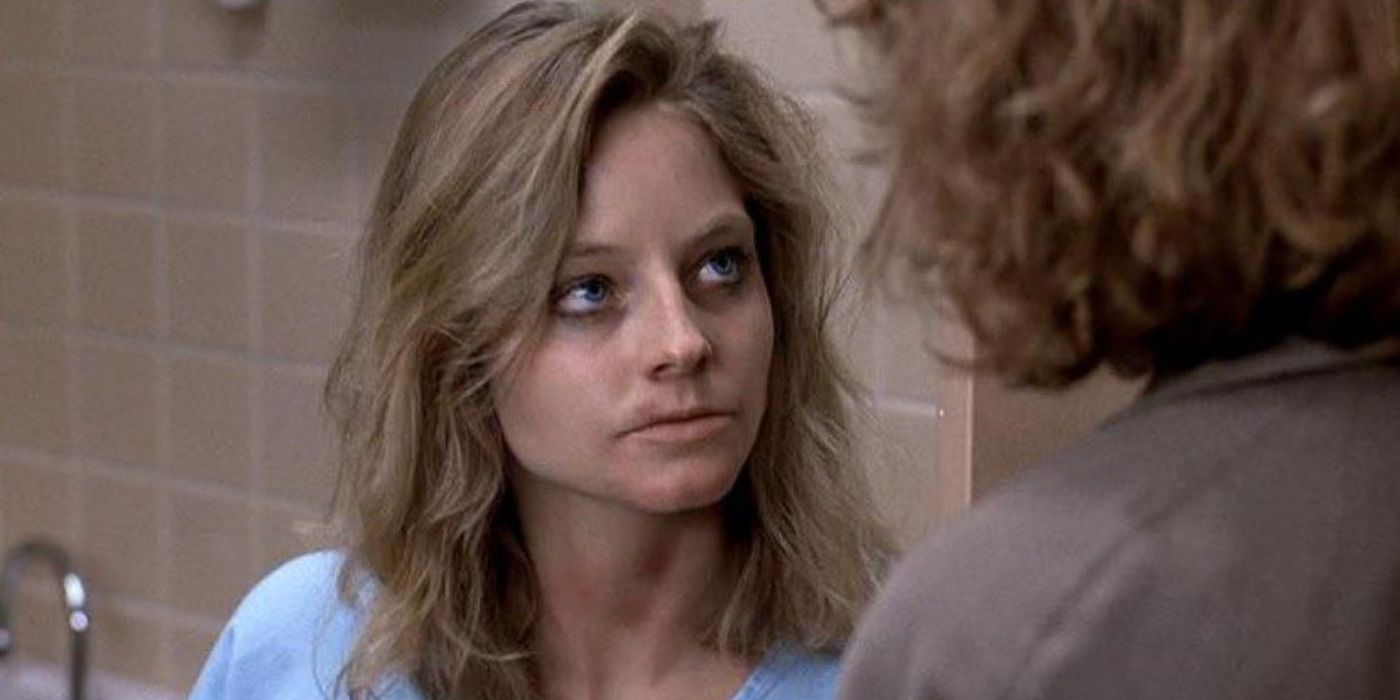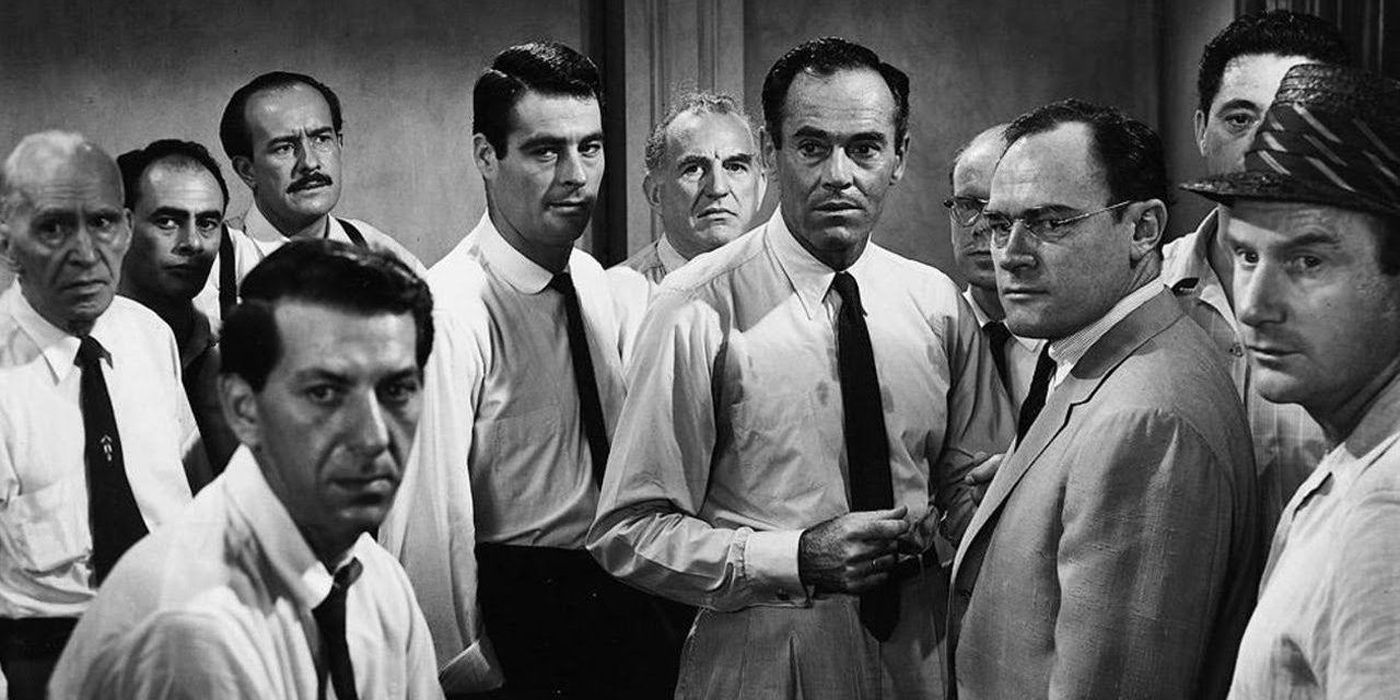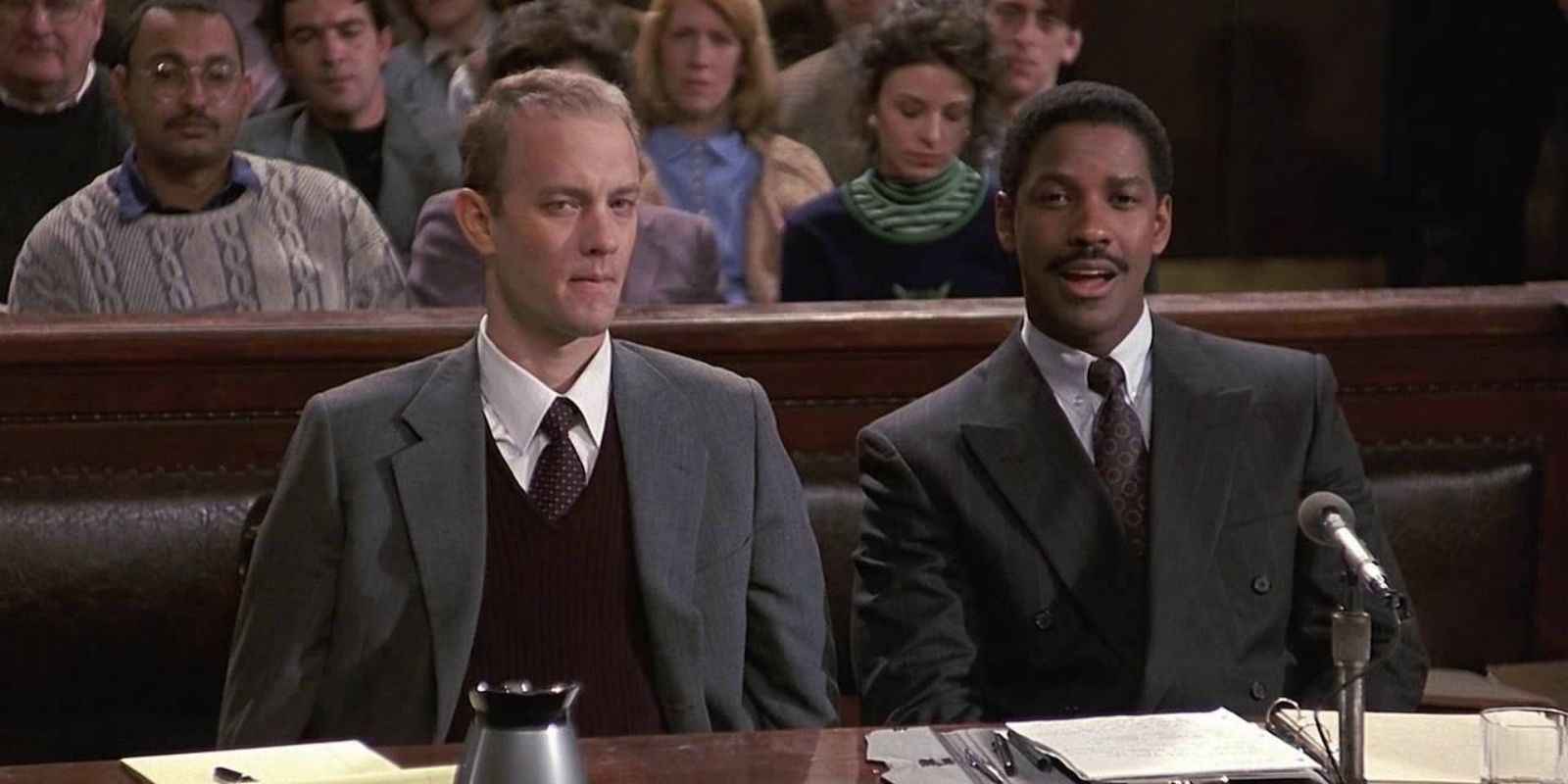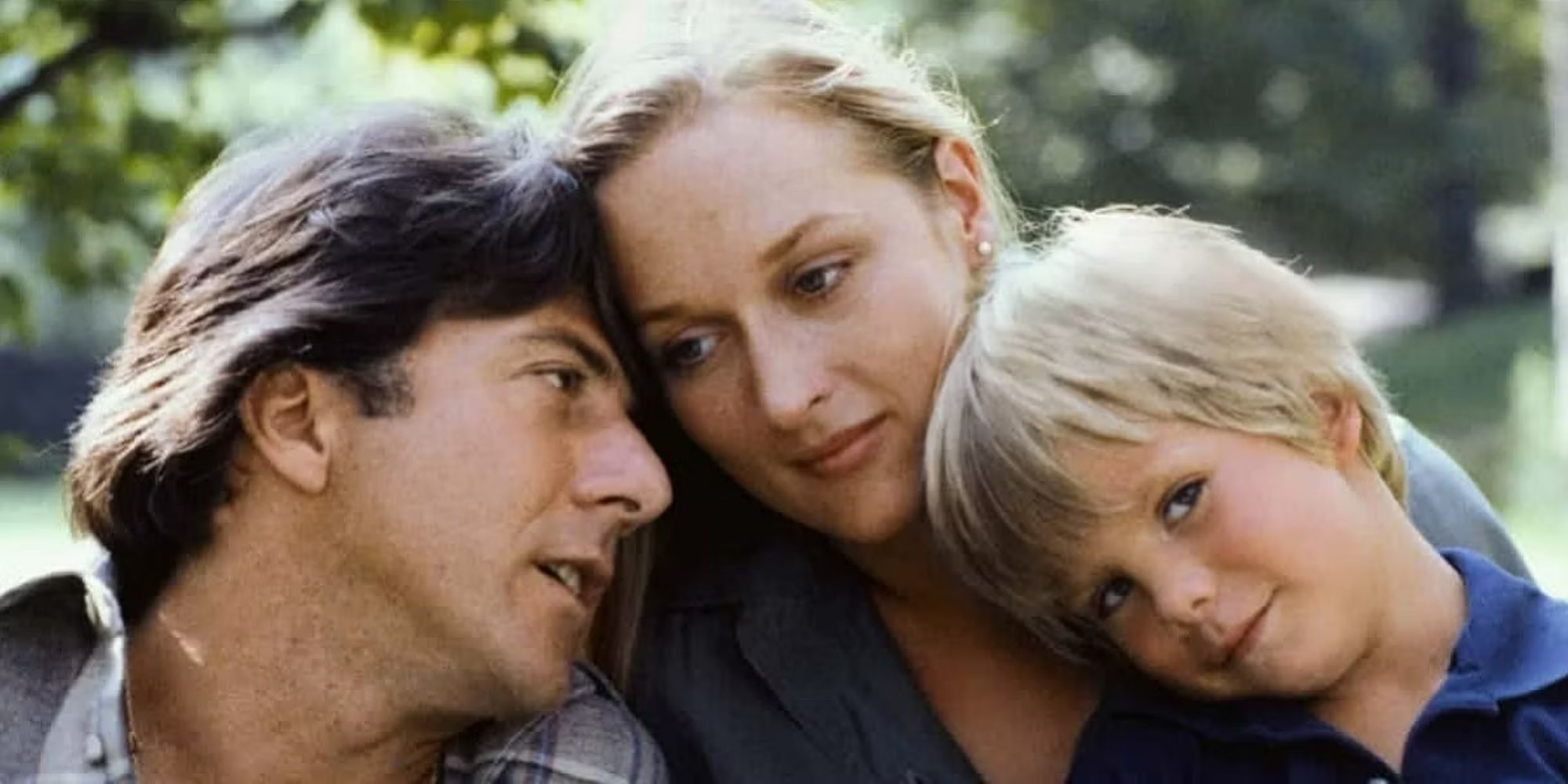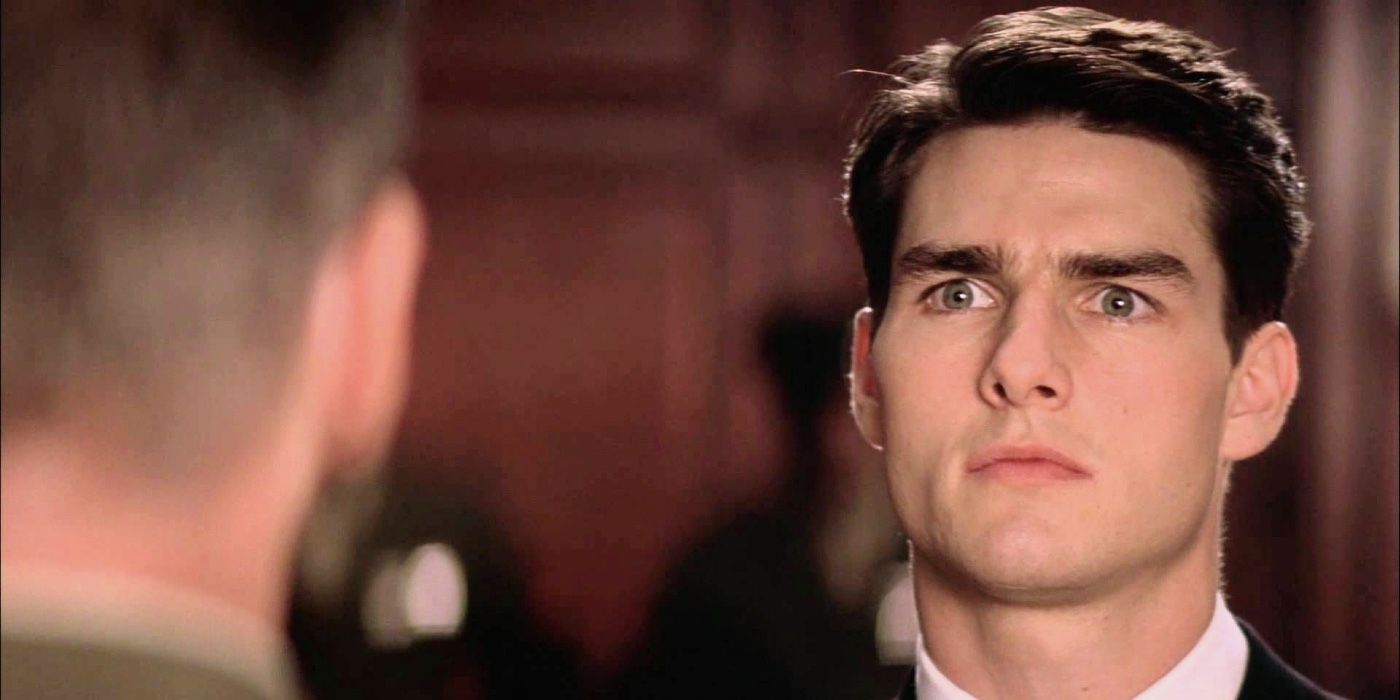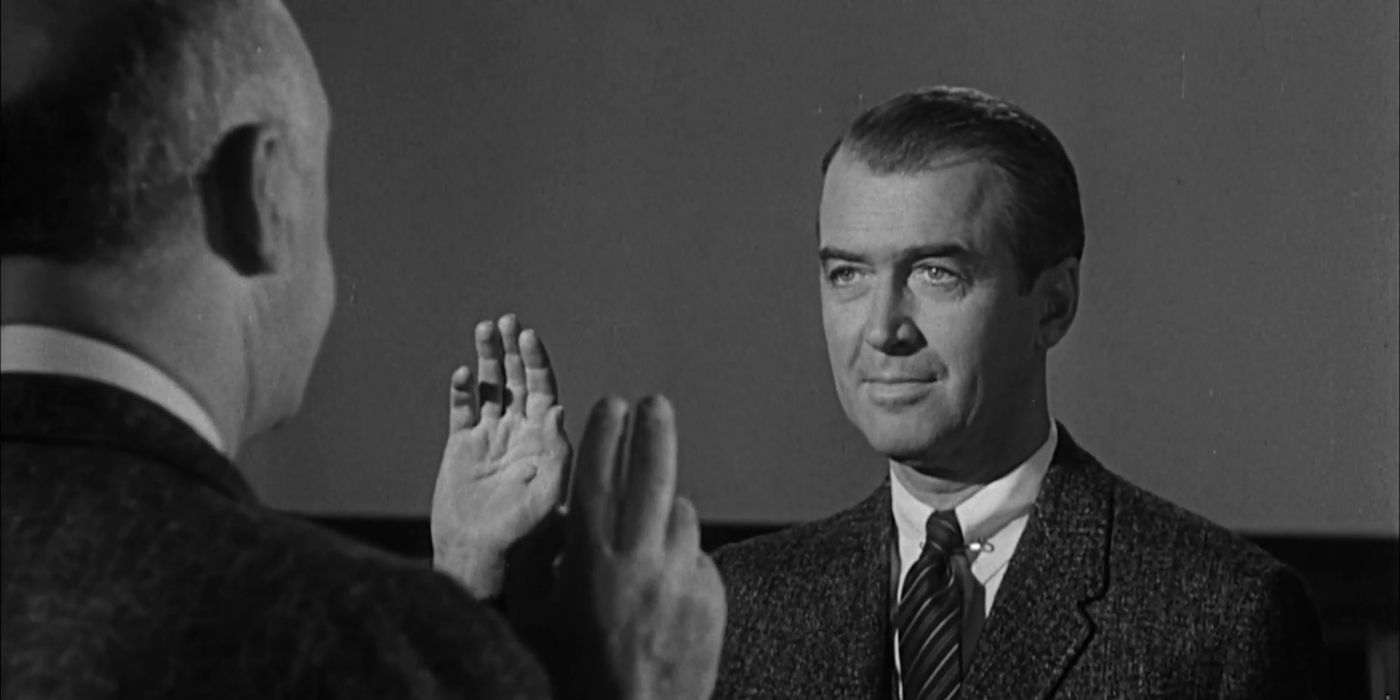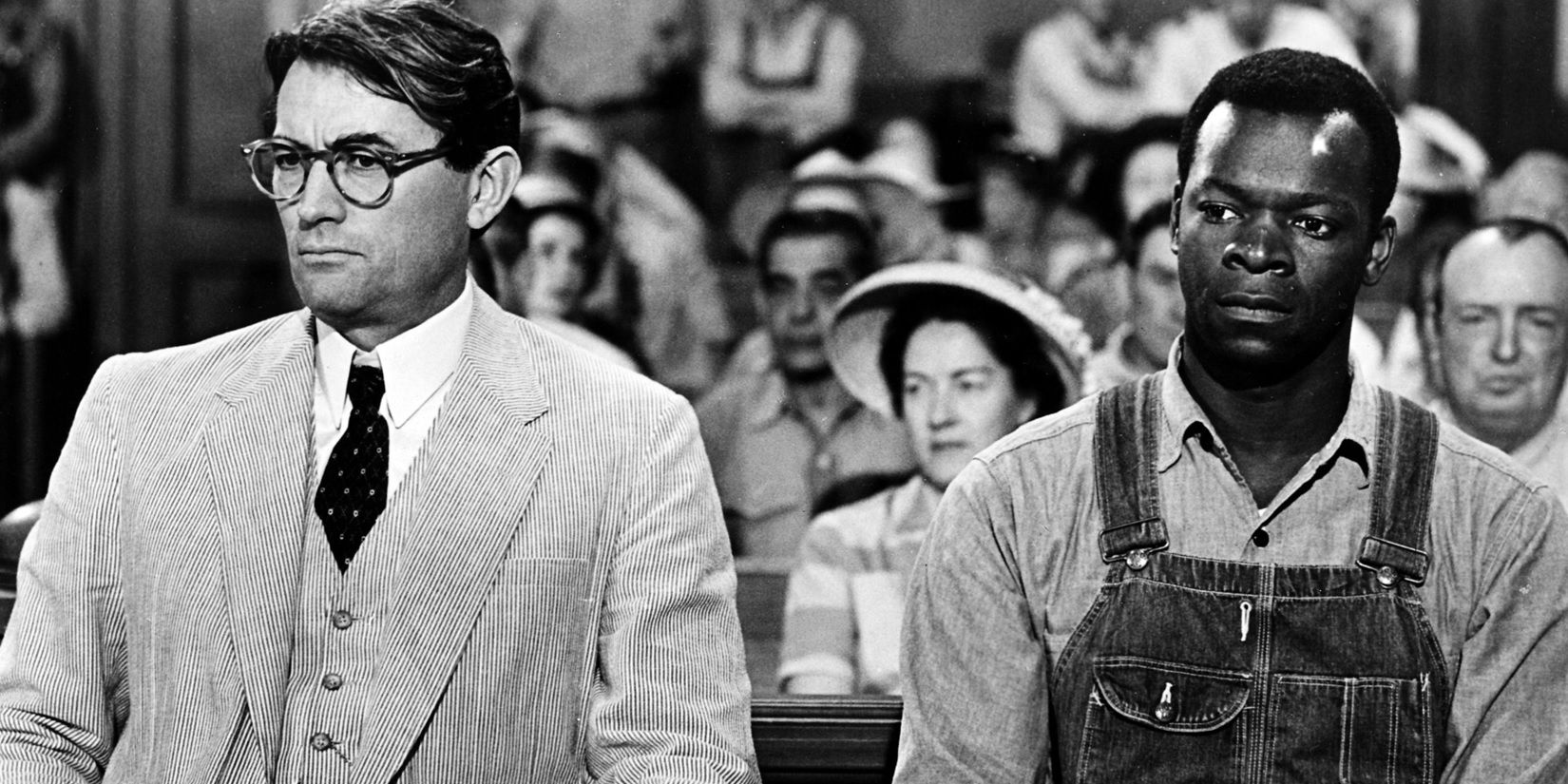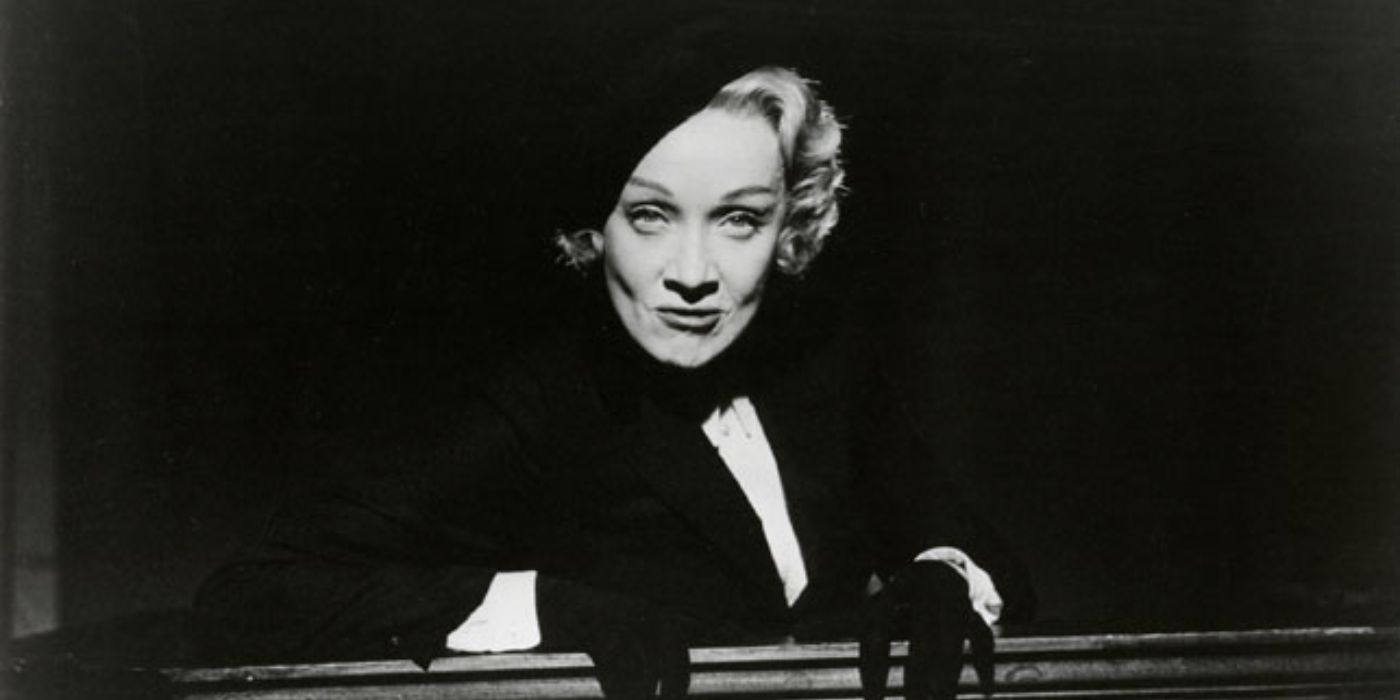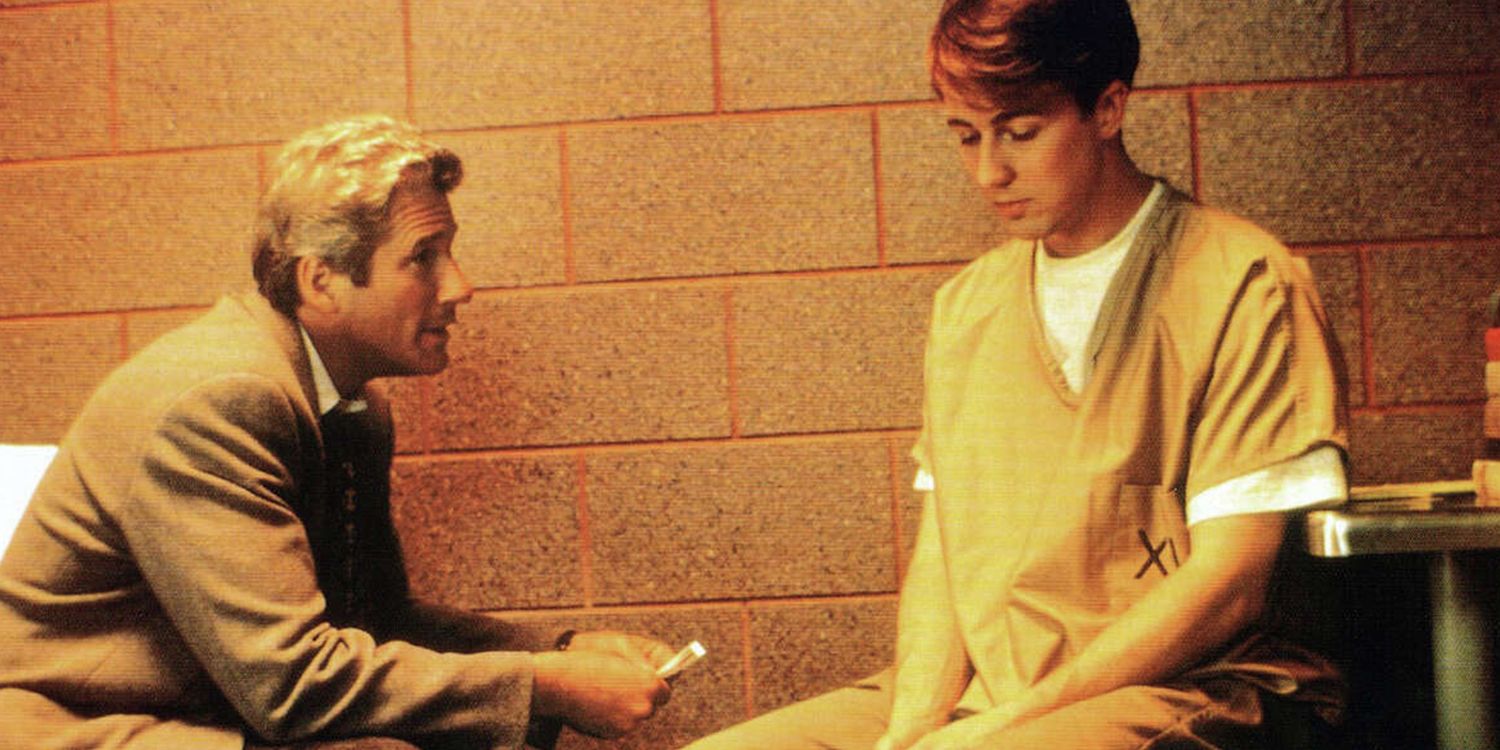
The Greatest Legal Dramas of All Time

Explore the top 9 legal dramas that have left a lasting impact on the audience and the film industry. From compelling stories to stellar performances, these movies have redefined the genre and continue to captivate viewers with their nuanced characters and thought-provoking themes.
The Accused (1988)
The Accused is a powerful portrayal of the pursuit of justice in the aftermath of sexual assault. It candidly depicts the crime and explores the community that enabled such violence to occur. Jodie Foster delivers an Oscar-winning performance, approaching the sensitive subject matter with nuance and humanity.
Jodie Foster in The Accused
12 Angry Men (1957)
12 Angry Men confronts societal pressure and prevailing opinions within the justice system. Henry Fonda's unwavering voice of reason unravels a tension surpassing typical legal thrillers, prompting viewers to reflect on whether justice can genuinely prevail when convenience and conformity easily override conscience.
The 12 Angry Men movie gathered together.
Philadelphia (1993)
Philadelphia exposes the deeply rooted prejudice in corporate America, transforming the courtroom into a platform for seeking compassion and justice. Tom Hanks and Denzel Washington's performances strike at conscience itself, forcing violators in positions of power to account for their wrongdoings.
Andy (Tom Hanks) and Joe (Denzel Washington) sitting in court in Philadelphia.
Kramer Vs. Kramer (1979)
Kramer vs. Kramer broke ground by bringing raw intimacy to the legal drama, shedding light on challenging new cultural norms around parenting. Dustin Hoffman and Meryl Streep deliver captivating performances, authentically portraying the emotionally charged courtroom scenes and subtly capturing the personal impacts of such conflicts.
Billy-Joanna-Ted-Kramer vs Kramer- Ways Marriage Story Is Better (1)
A Few Good Men (1992)
A Few Good Men probes the gray areas behind military rules and the pursuit of truth. Tom Cruise's conviction fuels the determined Navy lawyer character seeking truth regardless of rank, facing resistance from Jack Nicholson's base commander clinging to old codes that supersede morality.
Tom Cruise glaring intensely at Kevin Bacon during one of A Few Good Men's courtroom scenes
Anatomy Of A Murder (1959)
Anatomy of a Murder conducts a philosophical dissection of the judicial system, walking a thin line between truth and perception. James Stewart and Lee Remick deliver subtly layered performances, with Otto Preminger's direction dissects the courtroom mechanisms with nuance and intensity.
Being sworn in to court in Anatomy of a Murder
To Kill A Mockingbird (1962)
To Kill a Mockingbird transformed the courtroom drama genre, leaving a lasting cultural impact by bringing attention to injustice concealed by denial and complacency. Gregory Peck portrayed quiet courage in the face of bigotry, exemplifying dignity in the midst of mob anger.
Atticus and Tom in court in To Kill a Mockingbird
Witness For The Prosecution (1957)
Witness for the Prosecution employs the courtroom as a stage for cunning personalities to clash, blurring the lines between deception and sincerity. The finely tuned script keeps the characters’ motives elusive yet believable, making for a memorable watch.
Marlene Dietrich in Witness for the Prosecution
Primal Fear
Primal Fear delivers shocking revelations about human nature through its courtroom setting. Edward Norton's unforgettable performance as an accused altar boy and Richard Gere's flashy lawyer character fuel the unflinching character study highlighted by a jaw-dropping final act.
Richard Gere as Martin Vale and Edward Norton as Roy/Aaron speaking in the latter's jail cell in Primal Fear
